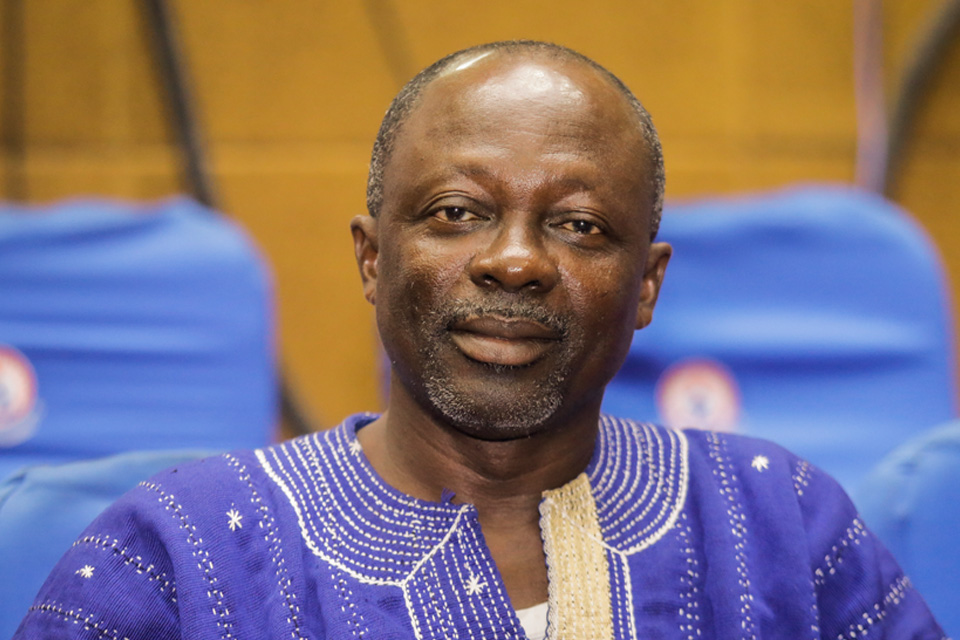Dr. Kuranchie of UEW Involved in €10K Global Climate Education Initiative

Dr. Alfred Kuranchie of the University of Education, Winneba (UEW), Ghana, has joined forces with an international team of researchers to propel climate change education. The collaboration, comprising experts from India, Finland, and Ghana, recently secured a funding boost of €10,000 to conduct a comprehensive study on climate change pedagogy.
The team includes Dr Heidi Layne, University Jyvaskyla (Project Lead), Dr. Sajitha Bashir, Vice-Chairperson of Vakkom Moulavi Foundation Trust in Kerala, India; Dr. Anu Joy, Assistant Professor at the Tata Institute of Social Sciences in Hyderabad, India; Prof. Tiina Kontinen, Associate Professor in International Development Studies at the University of Jyväskylä, Finland; Dr. Hannele Cantell from the University of Helsinki, Finland; Kristof Fenyvesi and Orsolya Tuba, advocates for Indo-Finnish collaborations in education for sustainability; and Apoorwa Hooda, GINTL Kerala coordinator.
The project is a response to the growing need for comprehensive climate change education, particularly in teacher education and higher education institutions globally. Despite the increasing importance placed on sustainability education, there exists a lack of consensus on the definition of sustainability and the necessary competencies and actions to foster sustainable societies through education.
The research project aims to bridge these knowledge gaps through a North-South collaboration, focusing on India (Kerala state), Ghana (Central region), and Finland (Jyvaskyla and Helsinki cities). By conducting an exploratory study in basic schools across these diverse regions, the team plans to utilise interviews and focus group discussions to gather data that will address critical research questions guiding the project.
The core objectives of the study include unravelling a shared understanding of sustainability, identifying key competencies required for sustainable education, and determining the necessary actions for developing sustainable societies through education.
The insights gained from the study are expected to pave the way for the implementation of effective climate change pedagogy and curriculum.
Dr. Kuranchie expressed his enthusiasm about the project, stating, "This collaboration represents a significant step towards creating a global dialogue on climate change education. By bringing together experts from different parts of the world, we hope to not only advance our understanding of sustainability but also foster international cooperation in addressing the challenges posed by climate change."
The project's outcomes are anticipated to make substantial contributions to the field of sustainable education, influencing policy and practice on a global scale.
As climate change continues to impact communities worldwide, initiatives like this collaboration between Dr. Kuranchie and his international team provide a beacon of hope, showcasing the power of global cooperation in addressing one of the most pressing challenges of our time.








